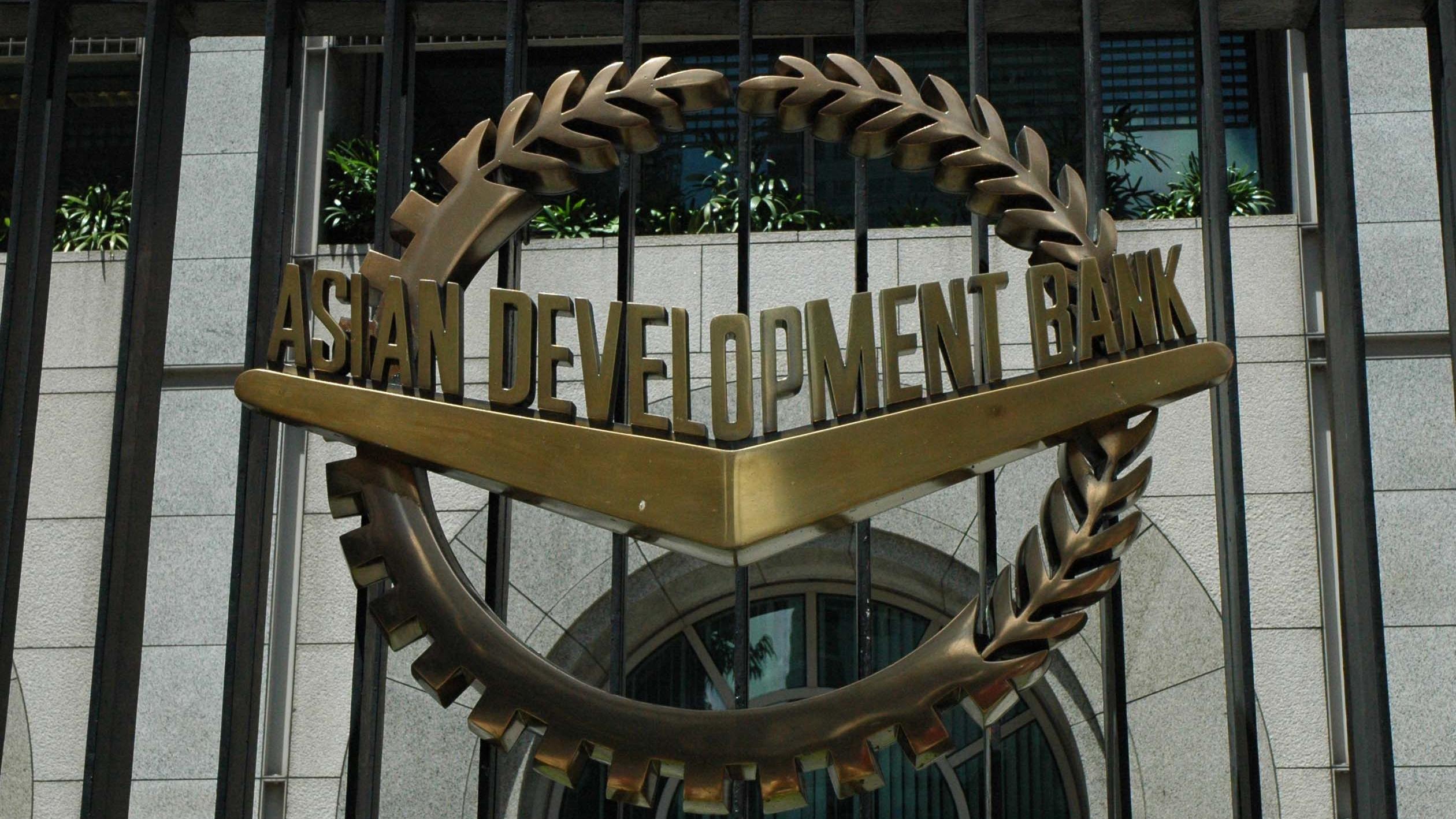 This photo taken on Sep 16, 2008 shows the logo of the Asian Development Bank at its headquarters in Manila, capital of the Philippines. (PHOTO / XINHUA)
This photo taken on Sep 16, 2008 shows the logo of the Asian Development Bank at its headquarters in Manila, capital of the Philippines. (PHOTO / XINHUA)
INCHEON, South Korea - The Asian Development Bank (ADB) on Tuesday announced a funding guarantee facility to help the region reduce greenhouse gas emissions and build infrastructure resilient to the impact of climate change.
Under the program, Denmark, Japan, South Korea, Sweden, the United Kingdom and the United States will guarantee some of the lender's loans and shoulder losses in case its borrowers default on their debt
The new funding plan is the first mechanism of its kind to be developed by a development bank and reflects the pressure such lenders face from shareholders to innovate in order to tackle a climate crisis that has hit Asia hard.
ALSO READ: ADB: ASEAN must strengthen position in global value chains
"Climate change is the critical issue of our lifetime, and here in Asia and the Pacific, we are on the frontlines of that battle," ADB President Masatsugu Asakawa said in a statement announcing the launch of the facility.
"The climate events we have experienced over the past 12 months will only increase in intensity and frequency, so we must take bold action now," he said.
Named the Innovative Finance Facility for Climate in Asia and the Pacific (IF-CAP), the plan is the first leveraged guarantee mechanism for climate finance adopted by a multilateral development bank, the ADB said.
IF-CAP will contribute to meeting the ADB's goal to use $100 billion from its own resources to combat climate change for 2019-2030, the lender said.
Under the program, Denmark, Japan, South Korea, Sweden, the United Kingdom and the United States will guarantee some of the lender's loans and shoulder losses in case its borrowers default on their debt.
It will free up capital the ADB needs to hold for credit risk, and allow it to increase lending to climate-related projects in Asia.
ALSO READ: ADB provides $50m for Cambodia on energy transition program
Asia is among the regions most vulnerable to the impact of climate change. More than 40 percent of climate-related disasters occurred in Asia and the Pacific since the start of the century, the ADB said.
Its funding announcement precedes a meeting of Asian finance leaders in Incheon, South Korea, which is likely to debate how the region should address the economic impact of market turbulence.


